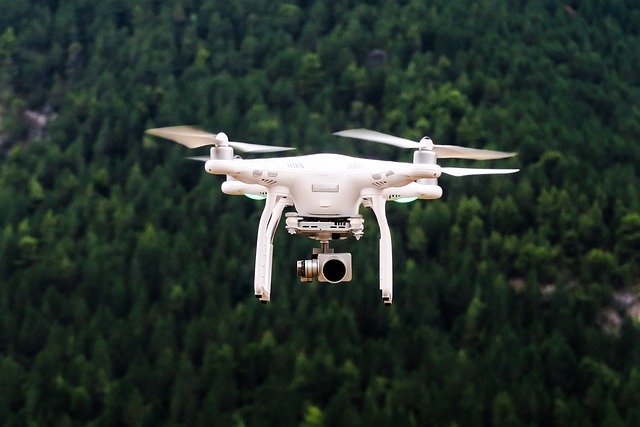Decoding the Legal Labyrinth of Space Resource Extraction
Introduction: As humanity ventures further into space, a new frontier of legal challenges emerges. The extraction of resources from celestial bodies presents a complex web of international laws, treaties, and ethical considerations. This article delves into the evolving legal landscape of space resource extraction, exploring its implications for future space exploration and potential conflicts between nations.

The Space Act of 2015: A Paradigm Shift
In 2015, the United States passed the Commercial Space Launch Competitiveness Act, also known as the Space Act. This legislation marked a significant shift in space law by explicitly allowing U.S. citizens to own and sell space resources they extract. The Act asserts that outer space resources are capable of being owned, setting the stage for commercial space mining operations. This unilateral move sparked international debate and raised questions about the compatibility of such legislation with existing international treaties.
International Reactions and Legal Challenges
The U.S. Space Act has been met with mixed reactions from the international community. Some countries, like Luxembourg, have followed suit by passing their own space resource laws. Others, including Russia and Belgium, have expressed concerns that such unilateral actions may violate the principles of the Outer Space Treaty. These divergent views have led to increased diplomatic tensions and calls for a new international framework to govern space resource extraction.
The Role of the United Nations and COPUOS
The United Nations Committee on the Peaceful Uses of Outer Space (COPUOS) has become a critical forum for addressing the legal challenges of space resource extraction. In recent years, COPUOS has held discussions on developing an international framework for space resource activities. However, reaching consensus among member states has proven difficult due to conflicting national interests and interpretations of existing space law.
Emerging Legal Concepts: The Common Heritage of Mankind
The concept of the Common Heritage of Mankind, first introduced in the context of deep-sea mining, has gained traction in space law discussions. This principle suggests that certain global commons, including outer space, should be managed for the benefit of all humanity. Proponents argue that this concept should be applied to space resources, ensuring equitable distribution of benefits. However, spacefaring nations and private companies often resist this interpretation, citing the need for economic incentives to drive space exploration and technological development.
Environmental Considerations and Planetary Protection
As the legal framework for space resource extraction evolves, environmental considerations are gaining prominence. The concept of planetary protection, which aims to prevent contamination of celestial bodies by Earth organisms, presents additional legal challenges. Balancing the interests of resource extraction with the preservation of pristine extraterrestrial environments for scientific study has become a key point of debate in international space law forums.
The Future of Space Resource Law
The legal landscape of space resource extraction continues to evolve rapidly. As more countries and private entities develop capabilities for space mining, the pressure to establish a comprehensive international framework increases. Future developments may include the negotiation of a new multilateral treaty specifically addressing space resources, the expansion of existing space law through UN resolutions, or the emergence of customary international law based on state practice.
In conclusion, the legal challenges surrounding space resource extraction reflect the complex interplay between national interests, international cooperation, and the fundamental principles of space exploration. As humanity stands on the brink of a new era of space utilization, the development of a robust and equitable legal framework will be crucial in ensuring the peaceful and sustainable use of outer space resources for generations to come.





